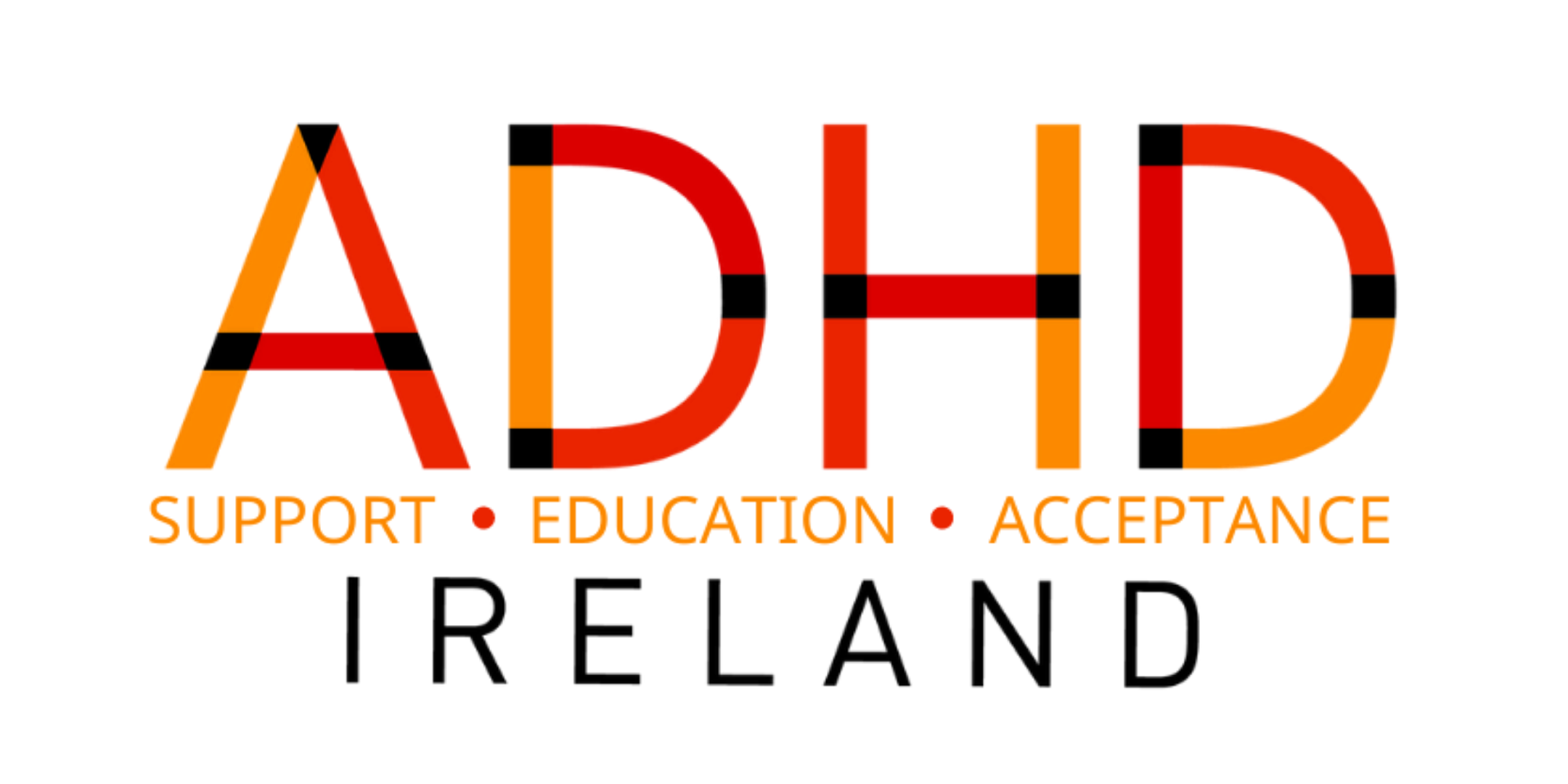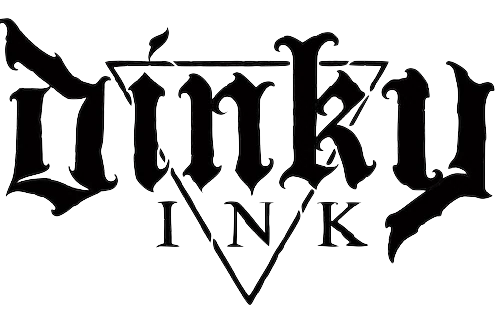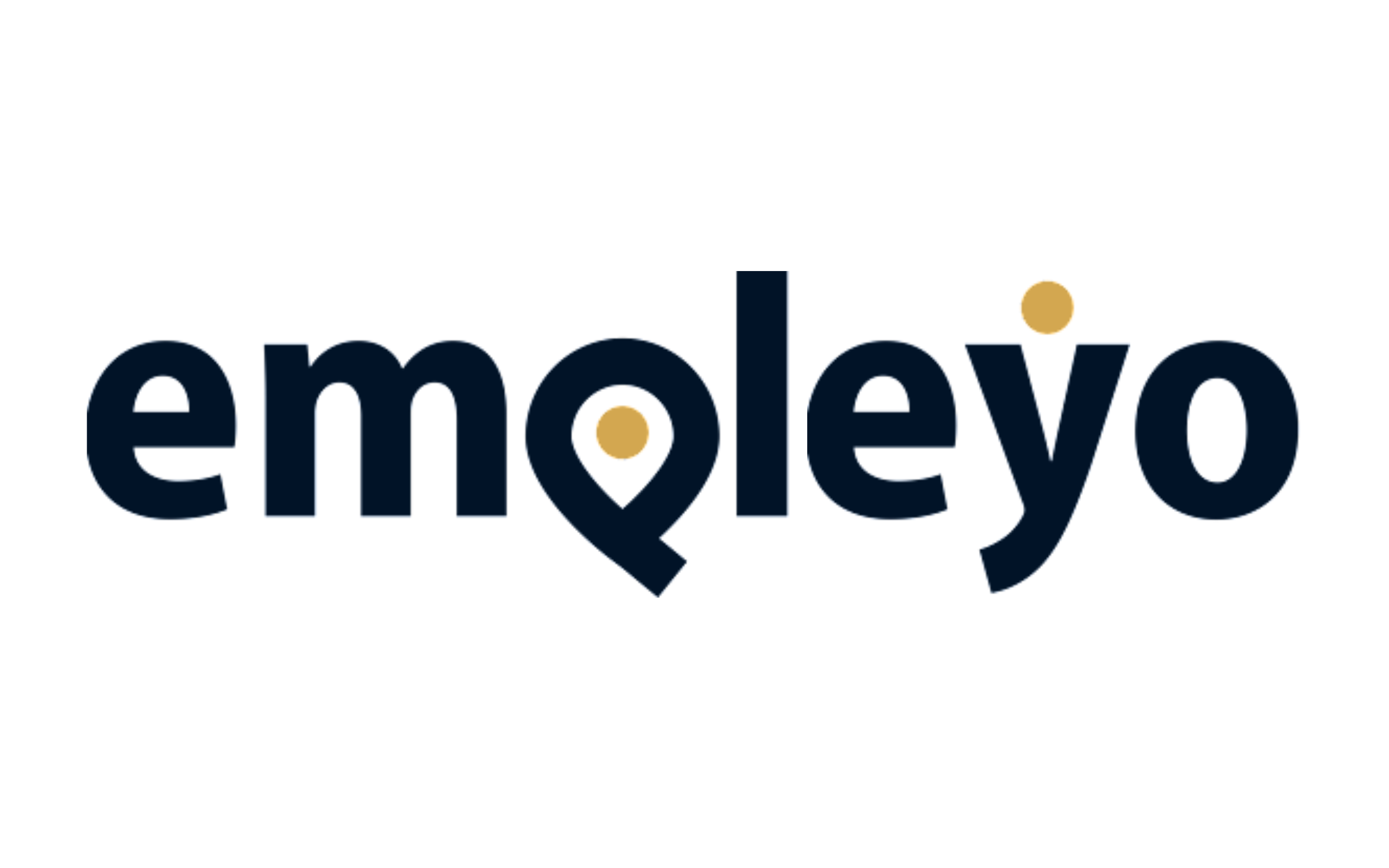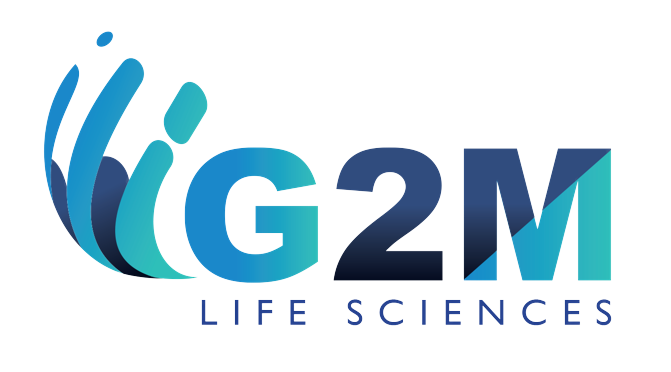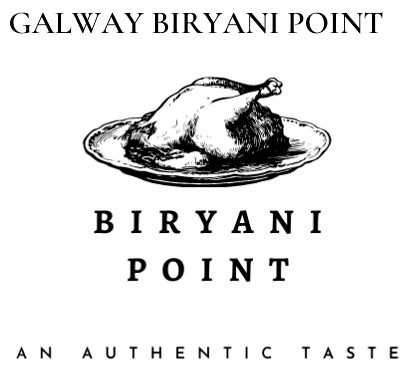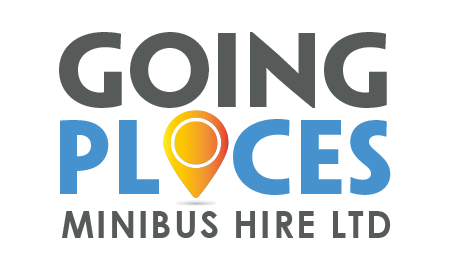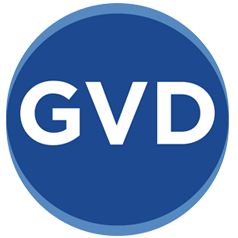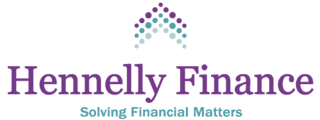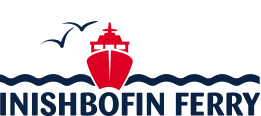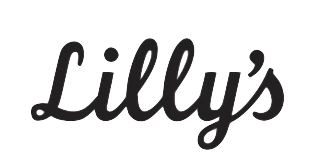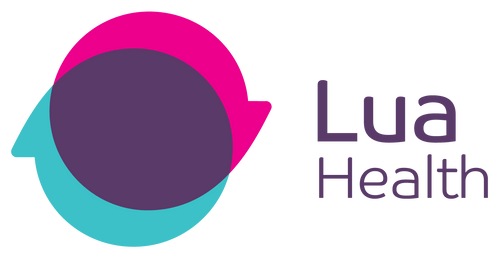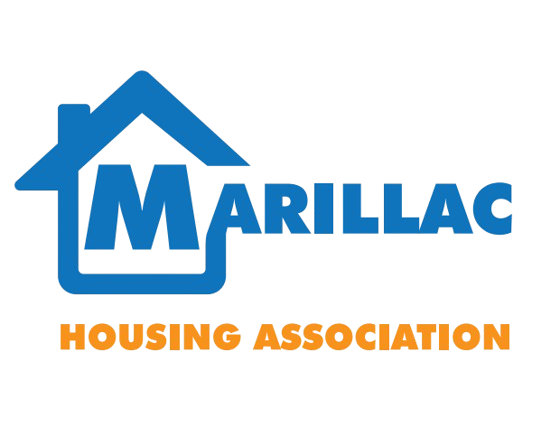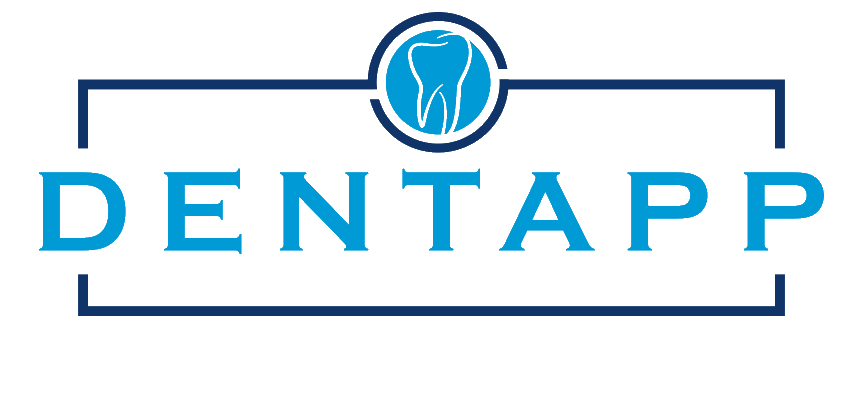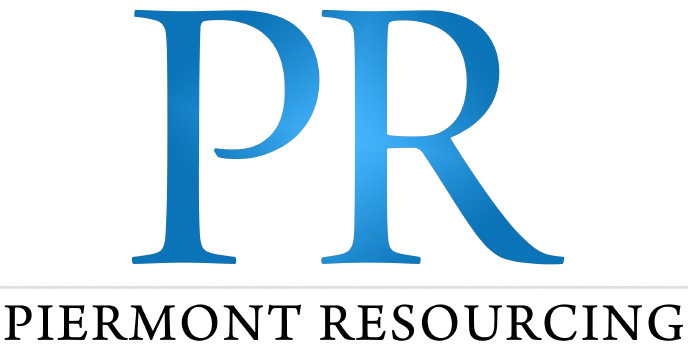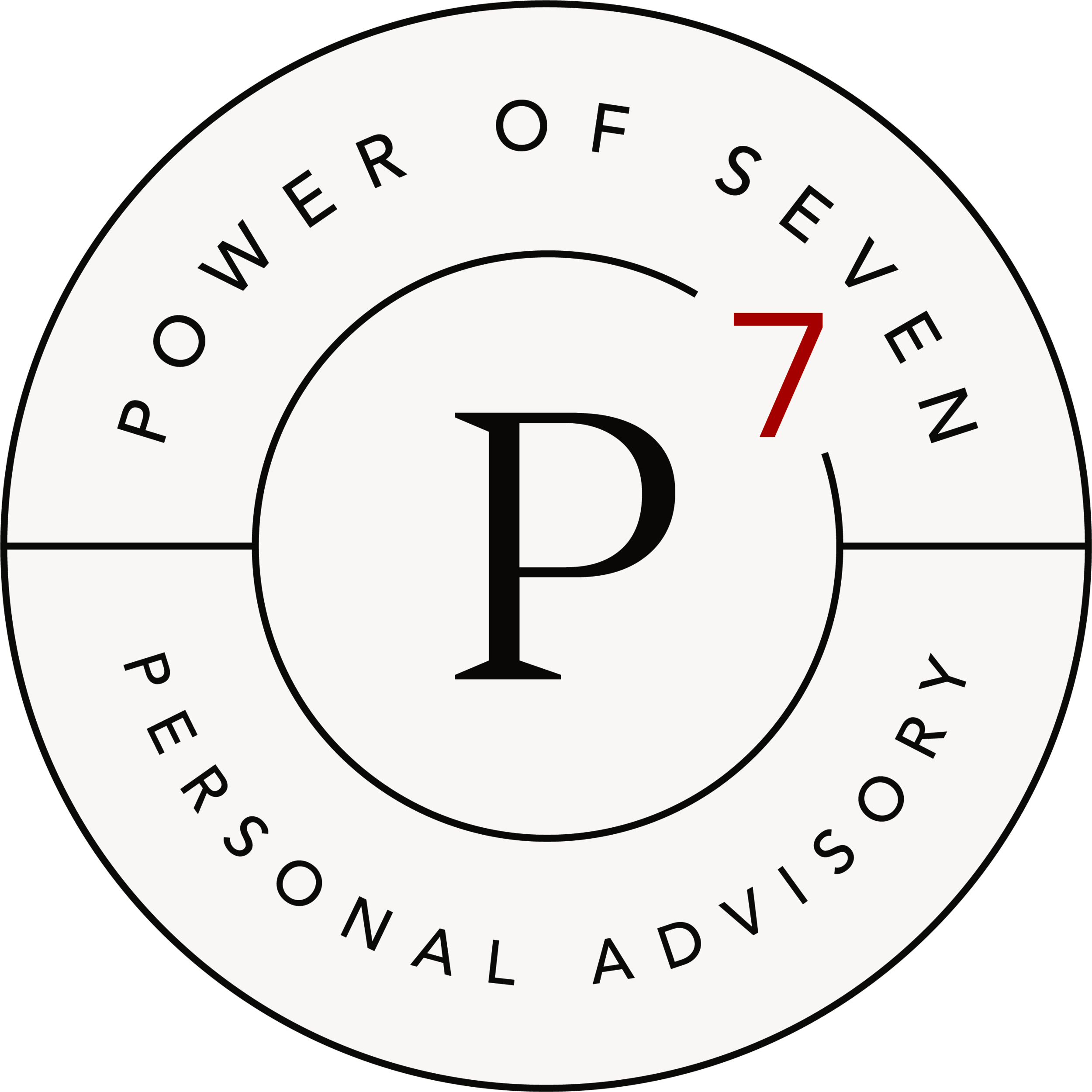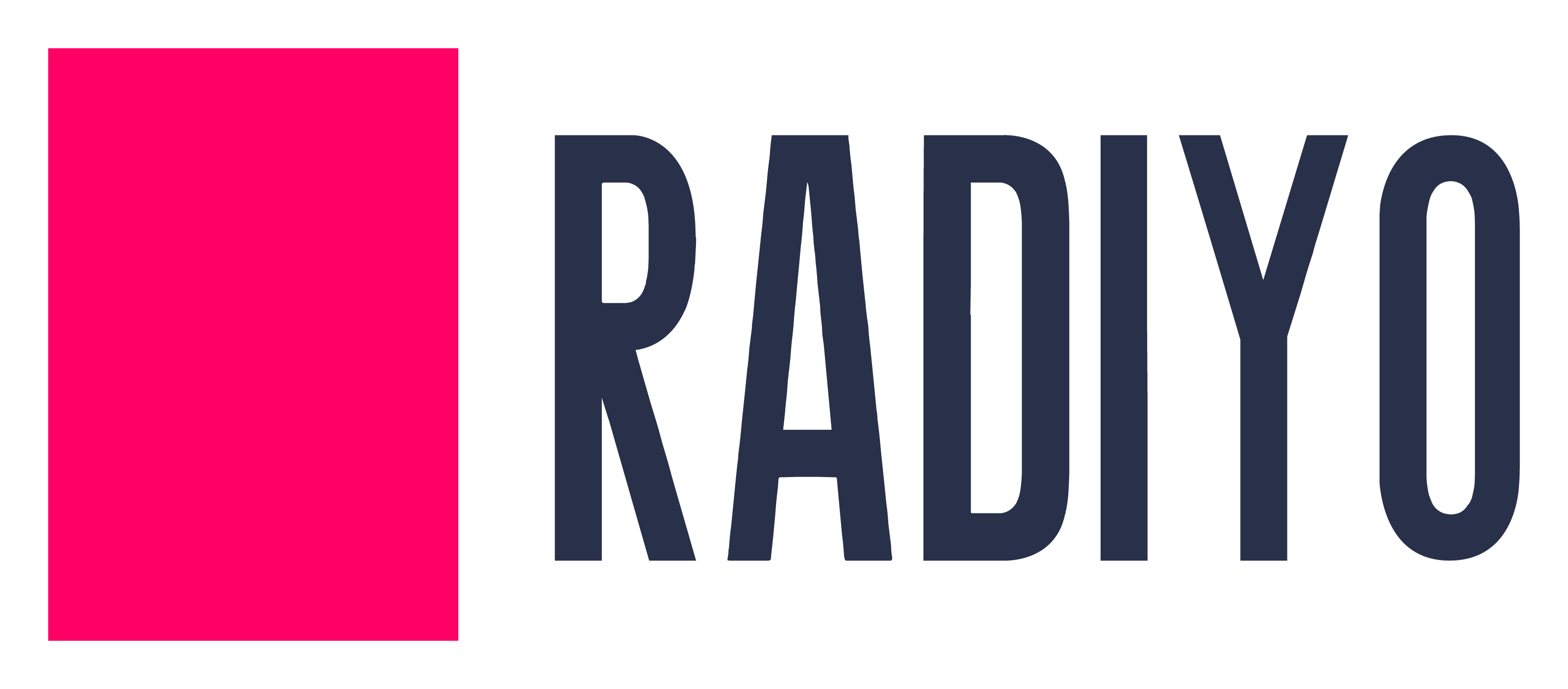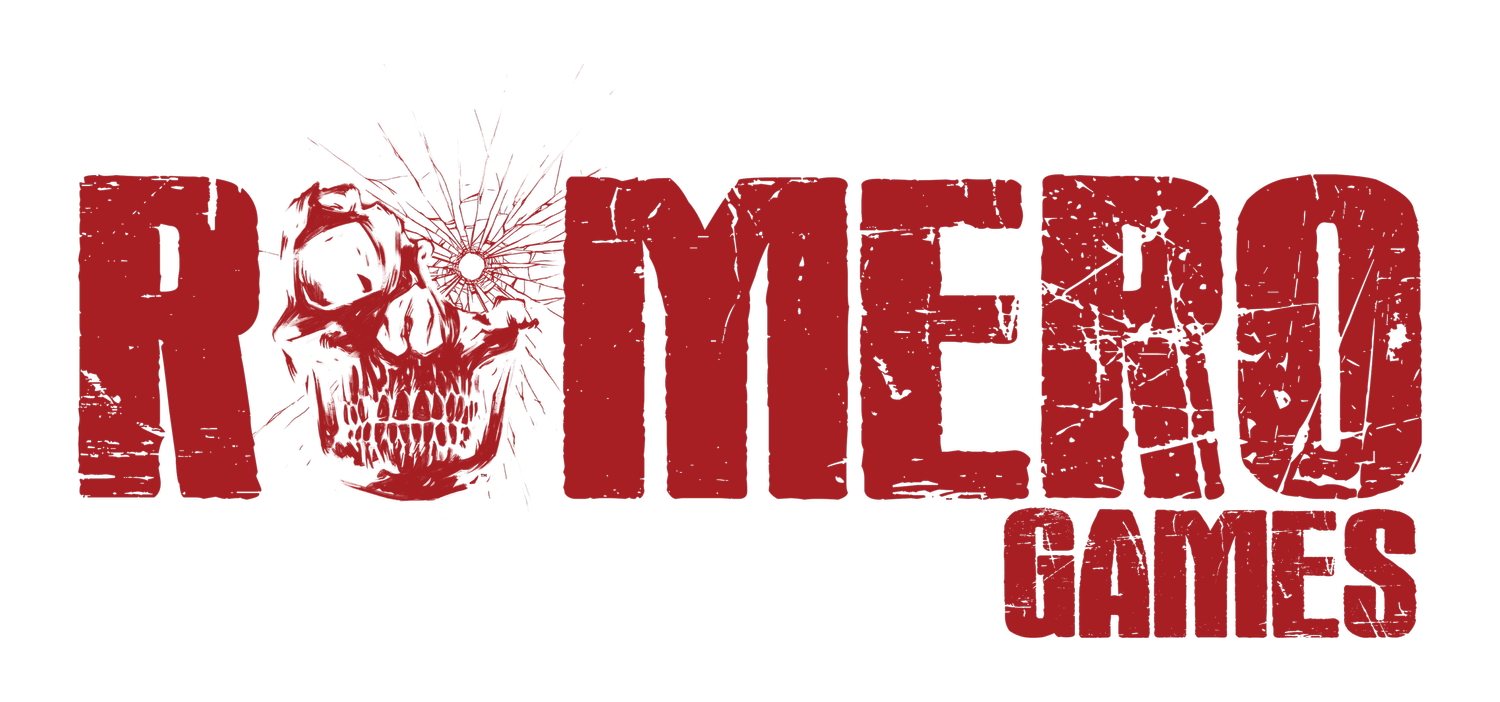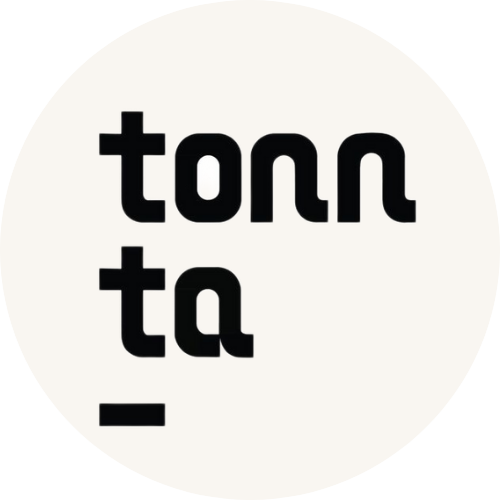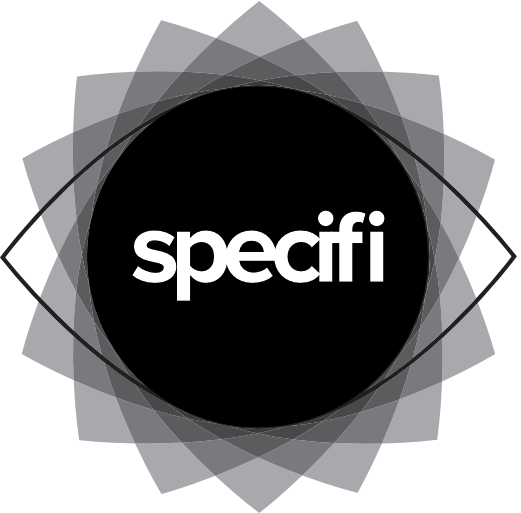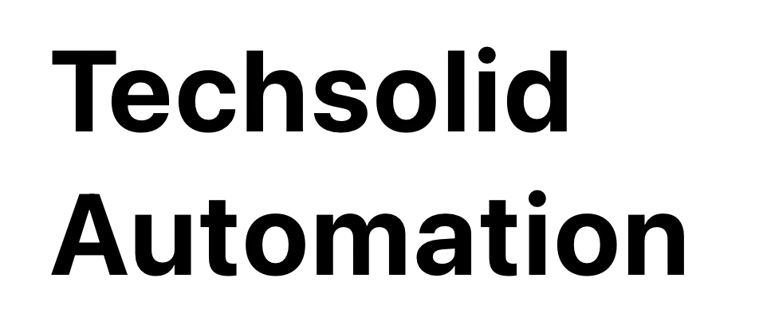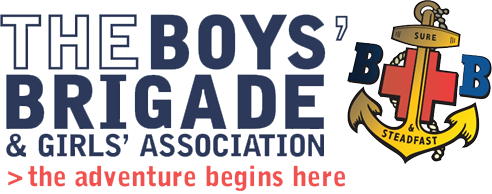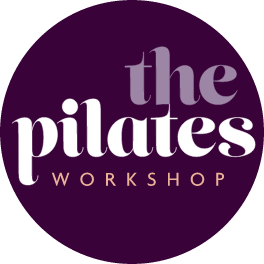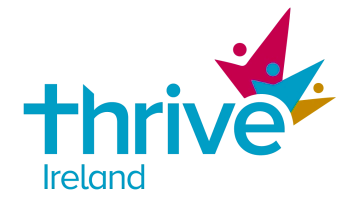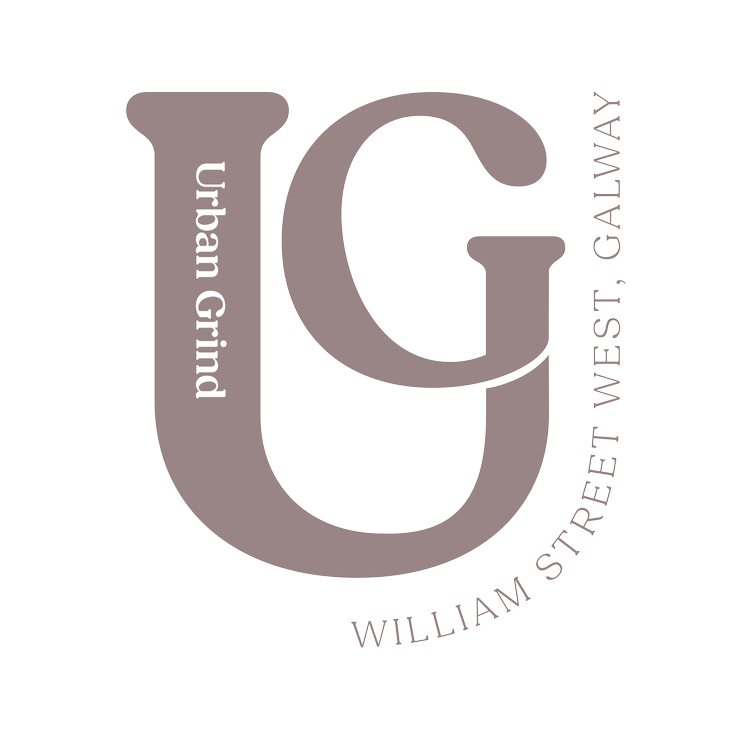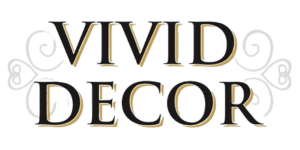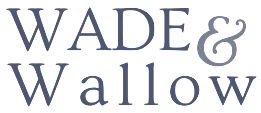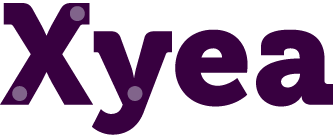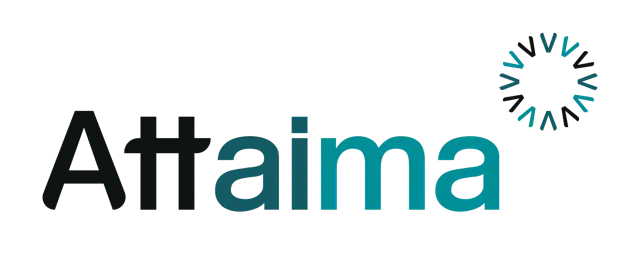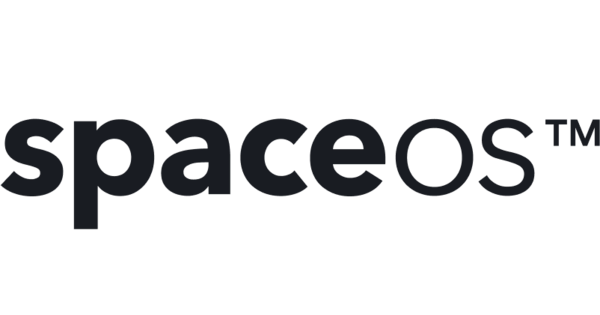Introduction
As the gig economy continues to grow in Ireland, an increasing number of professionals are opting for freelance work, offering them flexibility and control over their careers.
This guide is written primarily for the sole trader freelancer however you should also consider if a Limited company is a better fit for you and your business.
Managing the financial and accounting aspects of a freelance business can be challenging, especially for those new to self-employment. This report aims to provide comprehensive accounting tips for freelancers in Ireland, covering various aspects such as bookkeeping, invoicing, tax deductions, cash flow management, and year-end financial reporting.
Table of Contents
7 Key Takeaways
- Freelancers in Ireland must register as self-employed with Revenue and pay income tax, Universal Social Charge (USC), and PRSI on their profits.
- Freelancers in Ireland have various tax obligations, including income tax, VAT, PRSI, and USC, which must be paid annually.
- Freelancers can claim various business expenses, such as equipment, office supplies, utilities, and a portion of household expenses for a home office, against their taxable income.
- Proper invoicing, record-keeping, and bookkeeping practices are crucial for freelancers to maintain accurate financial records and comply with legal requirements.
- Freelancers should consider their employment status, business structure (sole trader, partnership, or limited company), and eligibility for tax credits and reliefs.
- Effective accounting management tips include separating personal and business finances, creating a budget, automating finances, and seeking professional assistance from accountants or tax advisors.
- Preparing year-end financial statements, such as profit and loss statements and balance sheets, can help freelancers accurately report their income and expenses for tax purposes.
Quick Information
Ready to optimise your financial strategies?

Tax Obligations for Freelancers in Ireland
As self-employed individuals, freelancers in Ireland are responsible for assessing and paying their own taxes annually. The primary tax obligations include:
Income Tax:
Freelancers must pay income tax on their earnings, with the amount depending on their income level and personal circumstances.
Value-Added Tax (VAT):
If a freelancer’s turnover from the provision of services exceeds or is expected to exceed €37,500 in a 12-month period, they must register for and charge VAT on their services.
Pay-Related Social Insurance (PRSI):
Freelancers with earnings above €5,000 per annum must pay Class S PRSI contributions, which cover them for certain social welfare benefits.
Universal Social Charge (USC):
Freelancers with gross income above €13,000 per year must pay the USC, a tax on income.
Freelancers must file an annual tax return (Form 11) and make preliminary tax payments by October 31st each year.
Read More : TAX Services
Allowable Tax Deduction Expenses
When calculating their taxable profit, freelancers can claim deductions for expenses directly related to running their business, such as:
- Cost of goods or services purchased for resale or client projects
- Office supplies and equipment (subject to capital allowances)
- Utilities (electricity, heating, internet) for a home office
- Professional fees (accounting, legal, etc.)
- Advertising and marketing expenses
- Vehicle expenses (fuel, maintenance, insurance) for business use
- Rent or mortgage interest for a dedicated office space
- Contributions to a personal pension scheme (subject to limits)
Expenses that cannot be claimed include personal expenses, clothing (except protective gear), and capital expenditures on land, property, or equipment. However, capital allowances may be available for certain capital expenditures.
If an expense is for both business and personal use, freelancers can claim a deduction for the portion related to business purposes.
Allowable Tax Deduction Tip
- Maintain accurate records and receipts to substantiate claimed deductions in case of a Revenue audit.
Invoicing Requirements for Freelancers in Ireland
Proper invoicing is essential for freelancers to ensure timely payment and maintain accurate financial records. An invoice should include:
- Individual or company name, registered address, and VAT number (if VAT-registered) or tax registration number
- Detailed description of services provided
- Service charge and any applicable expenses with the appropriate VAT rate
- Payment terms (typically 30 days unless specified otherwise in a contract)
Invoicing Tips
Effective invoicing is crucial for maintaining a healthy cash flow and ensuring timely payments from clients. Freelancers in Ireland should adopt the following invoicing strategies:
- Issue clear and detailed invoices, including the freelancer’s name, address, tax registration number (or VAT number if registered), services rendered, payment terms, and due date.
- Establish standard payment terms, such as 30 days, and clearly communicate them to clients.
- Follow up promptly on overdue invoices to minimize delays in payment.
- Consider offering incentives for early payment or implementing late payment fees to encourage timely settlements.
- Utilise online invoicing and payment platforms to streamline the invoicing process and facilitate electronic payments.
Cash Flow Management Tips for Freelancers in Ireland
Effective cash flow management is crucial for the financial stability and growth of a freelance business. Freelancers should adopt the following strategies:
- Understand and track all income and expenses to maintain a clear cash flow.
- Create a budget and set aside funds for tax payments.
- Maintain a cash flow forecast to anticipate and plan for periods of high and low income.
- Implement a system for prompt invoicing and follow-up on overdue payments.
- Establish an emergency fund or savings account to cover expenses during periods of low income or unexpected events.
- Consider offering discounts for early payment or implementing late payment fees to encourage timely settlements.
- Negotiate favourable payment terms with clients, such as upfront deposits or milestone-based payments.
- Manage personal and business expenses separately to maintain a clear understanding of cash flow.
Record-Keeping Practices for Freelancers in Ireland
Freelancers must keep records of all transactions for at least six years, including receipts, invoices, ledgers, and accounting books. These records, known as “linking documents,” are used to confirm information in tax returns and demonstrate the accounting process.
Proper record-keeping practices involve:
- Maintaining continuous records for all transactions
- Separating personal and business expenses
- Using accounting software or digital tools to streamline record-keeping.
Bookkeeping Tips
Proper bookkeeping is the foundation of effective financial management for freelancers. It involves tracking income, expenses, and maintaining accurate records, which are essential for tax compliance and financial planning.
- Schedule regular updates and reviews of financial records.
- Maintain separate business and personal bank accounts to clearly distinguish between business and personal transactions.
- Use accounting software or apps to streamline bookkeeping tasks, such as invoicing, expense tracking, and financial reporting. Popular options include Xero, Sage, and QuickBooks.
- Keep detailed records, including receipts, invoices, bank statements, and mileage logs, to support claimed expenses and income.
- Regularly reconcile bank statements and maintain an up-to-date record of accounts receivable and payable.
Preparing Year-End Financial Statements
Freelancers in Ireland are required to file an annual self-assessed tax return, which involves reporting their income and expenses for the tax year. Preparing accurate year-end financial statements is crucial for this process.
- Profit and Loss Statement: This statement summarises the freelancer’s income and expenses for the tax year, providing a clear picture of their net profit or loss.
- Balance Sheet: This statement outlines the freelancer’s assets, liabilities, and equity as of the end of the tax year.
- Cash Flow Statement: This statement tracks the inflow and outflow of cash from operating, investing, and financing activities during the tax year.
Read More : Annual Returns
Year-End Financial Statements Tip
- Seek professional assistance from accountants or tax advisors, especially for complex tax matters.
- Consider engaging the services of a qualified accountant or tax professional to ensure accurate preparation and filing of tax returns and financial statements.
Legal and Financial Regulations
Freelancers should be aware of their employment status and the legal implications of their business structure (sole trader, partnership, or limited company). The Revenue Commissioners’ Code of Practice on Determining Employment Status provides guidance on this matter.
Additionally, freelancers should consider their eligibility for tax credits, reliefs, and exemptions, such as the Artist Tax Exemption, which can exempt up to €50,000 per annum of income from certain artistic works from income tax.

Effective Accounting Management Tips
To effectively manage their finances, freelancers should consider the following tip:
- Automate financial processes, such as invoicing and payment tracking, using accounting software.
By following these practices, freelancers can ensure compliance with legal and financial regulations, maintain accurate records, and make informed business decisions.
Conclusion
Effective accounting practices are essential for the success of freelancers in Ireland. By implementing proper bookkeeping, invoicing strategies, claiming eligible tax deductions, managing cash flow, and preparing accurate year-end financial statements, freelancers can maintain financial stability, comply with tax obligations, and position their businesses for growth. While the accounting aspects of freelancing can be challenging, adopting the tips outlined in this report can help freelancers navigate the financial complexities and focus on delivering exceptional services to their clients.



